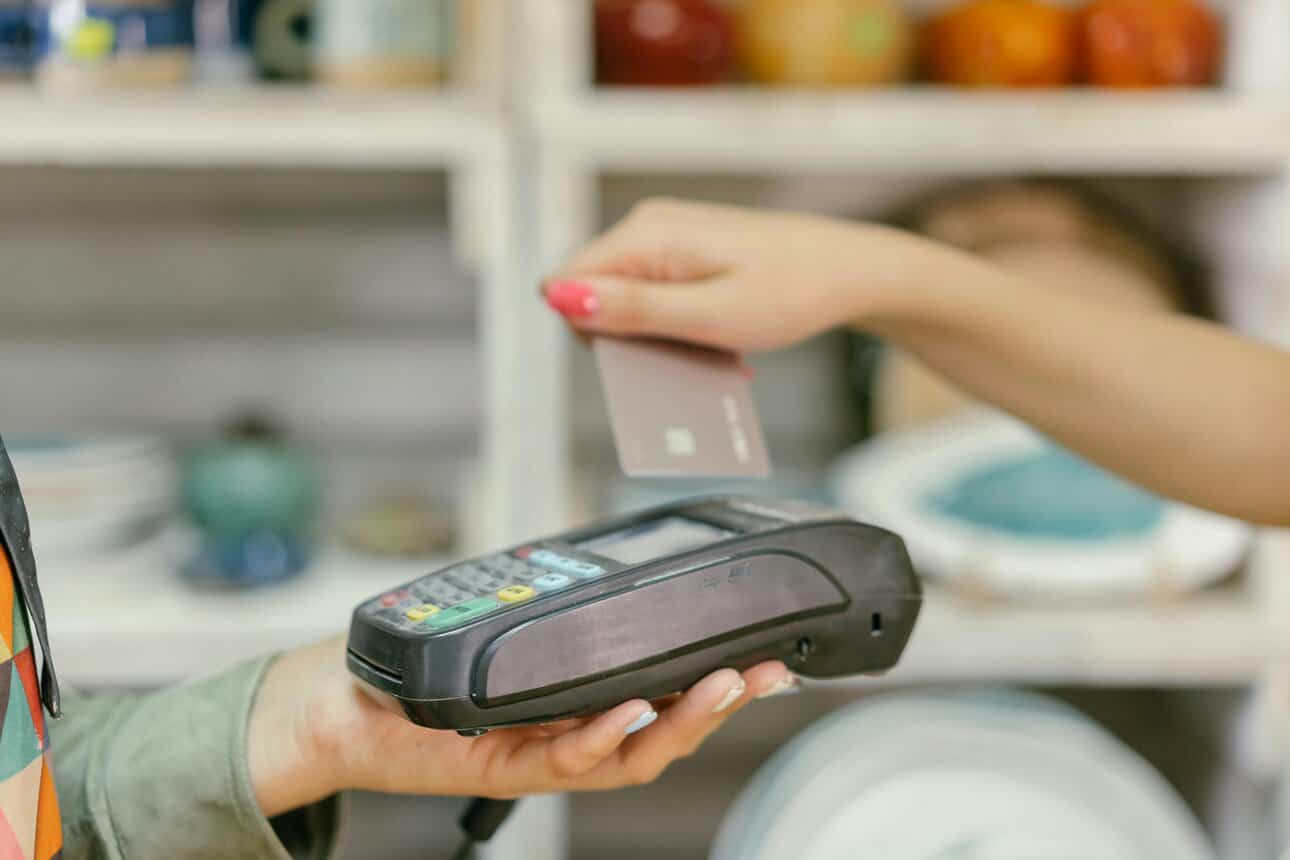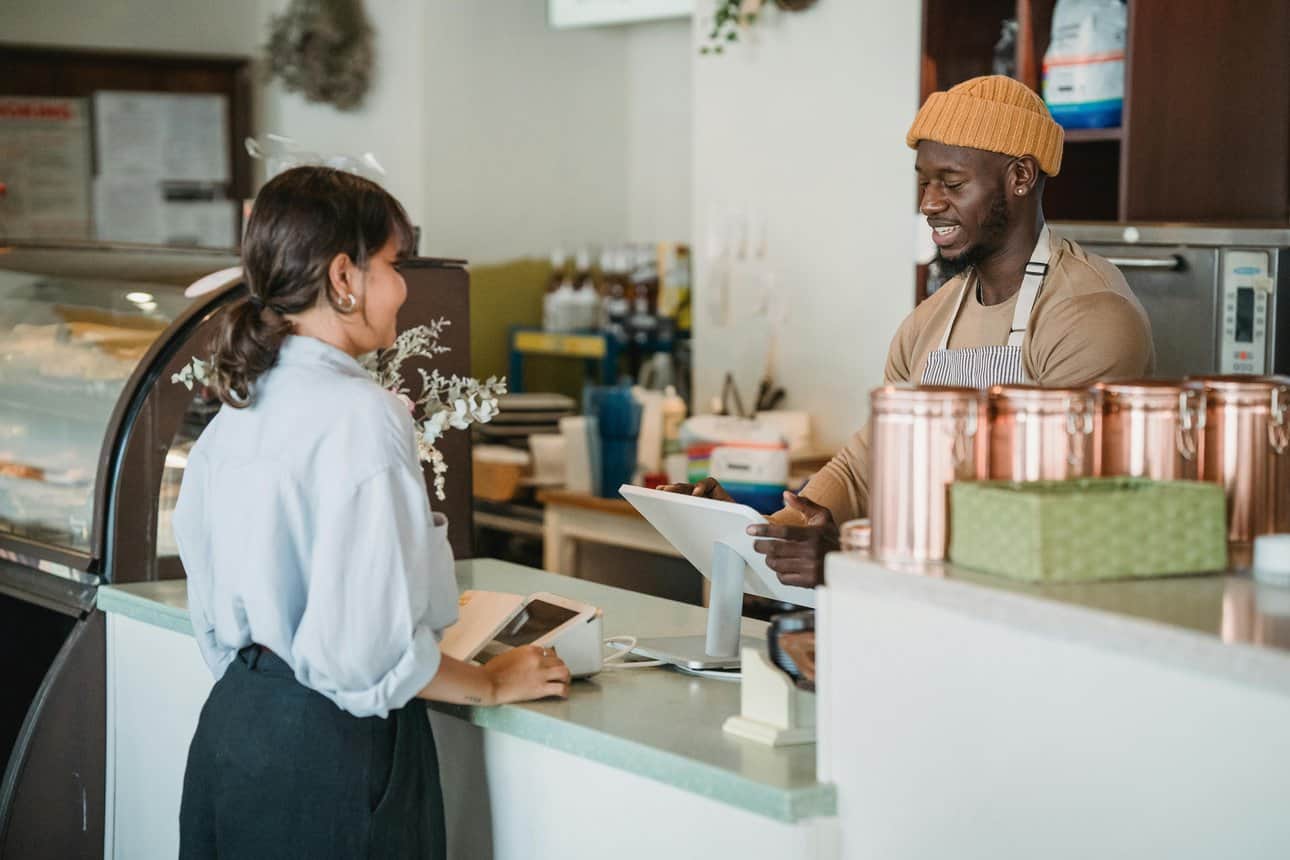As a business, it’s imperative that you are focusing on success. There are multiple ways that this can be done, and it’s a case of making sure that your business has a plan to move forward more than anything. Of course, this plan is going to look a little different depending on what your business is, and what the goals are, but the basic principle is the same — you should always be attempting to move forward.
In this article, we’re going to be taking a look at some of the things that you should be focusing on if you want to be a success. Keep reading down below if you’re interested in finding out more about this.
Meeting Your Goals
The first thing that we’re going to be looking at is meeting your goals. As a business, you should always have goals so that you have something to be moving towards. It might be that you’re a science-based business that is researching products like LGD4 for performance, or it might be that you’re a retail business looking to sell as many items as you can.
You should have more than one goal, though, and you should be attempting to ensure you reach them all in a timely manner. No, it’s not always going to be easy, but you have to make sure that your goals are attainable, or you’re going to bring down morale, and harm motivation.
Moving Forward
The next thing that we’re going to be taking a look at is constantly moving forward. No matter what gets in your way, you need to move forward. If life throws a hurdle in your path, jump over it. If life decides that there is simply too much for you to manage and tries to knock you down, push your way through.
No matter what happens in the business world, you must find a way through and forward if you have any hope of your business being a success. We know that it’s hard, and we’re not disputing that, but that doesn’t mean that it’s okay to give up because the second you do, your business is done.
Customer Experience
Finally, you should be thinking about customer experience because what even is a business if customers don’t want to choose you? A failure. This might not sound very nice, and it might sound harsh, but it’s true. If you’re not focusing on customer experience, chances are that you’re not going to have a loyal group of customers, and you’re going to end up with a bad reputation for being like this.
So, you need to put more of a focus here. Your customers are important, and it’s time that you really started giving them the attention they deserve.
We hope that you have found this article helpful, and now see some of the things that your business should be focusing on if it wants to be a success. It’s hard, but that doesn’t mean you shouldn’t be giving it everything that you’ve got.











